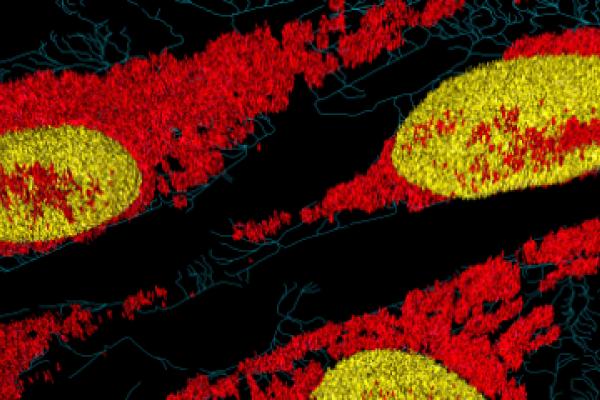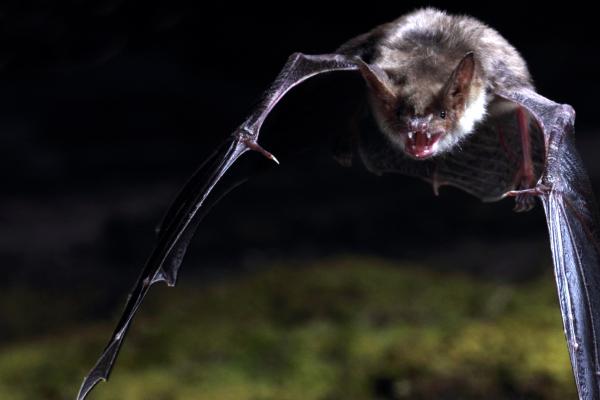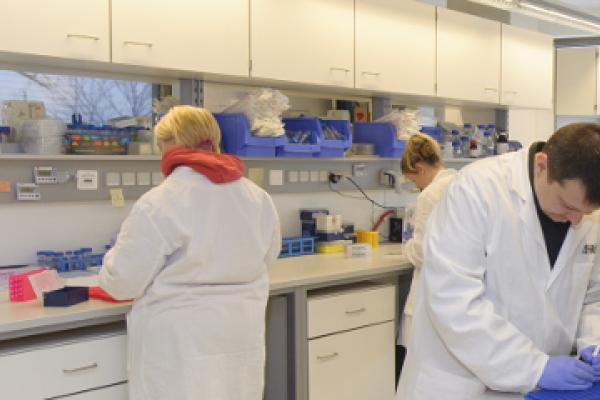Extending life
Bats live for longer than their body size suggests, up to twenty times longer. In August, we hear how profiling their DNA is giving researchers clues about how to extend human life.
It’s part of a special focus on ageing where we learn how manipulating mitochondria, the microscopic power houses in our cells, could help us live for longer, and find out how gene damage inherited from our grandparents can affect the way we age.
We also learn about the researchers who are making vaccines that turn our immune systems against proteins caused by diseases like Alzheimer’s, and find out about the smart mirrors that can warn doctors if an elderly person isn’t feeling right.
Looking in the mirror in the morning can help us assess when we are under the weather. Now researchers are using modern technology to capture information about physical appearance to assess the state of health of elderly people.
Scientists have increased the lifespan of fruit flies by genetically manipulating microscopic structures in their cells, a technique that might help researchers find the key to longer life in humans.
Researchers are studying the DNA of bats in order to shed light on why they age so slowly - something which could help uncover ways to reverse the ageing process.
Scientists have worked out how to make our immune systems turn against proteins linked to diseases like Alzheimer’s and Parkinson’s, offering the possibility of stopping and even reversing the effects of these devastating conditions.
Bi-weekly news alert
The best Horizon stories, delivered to your inbox
Subscribe now





